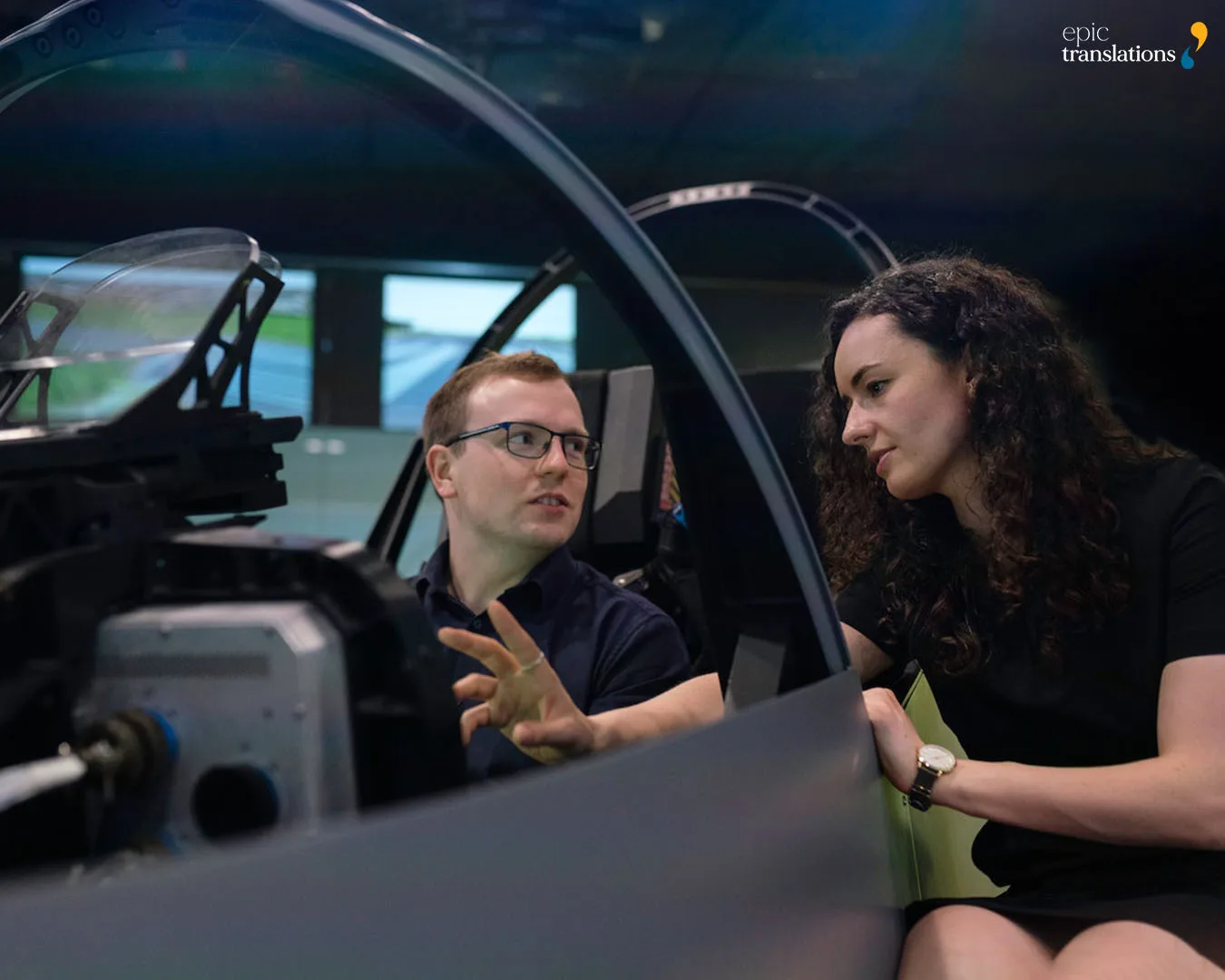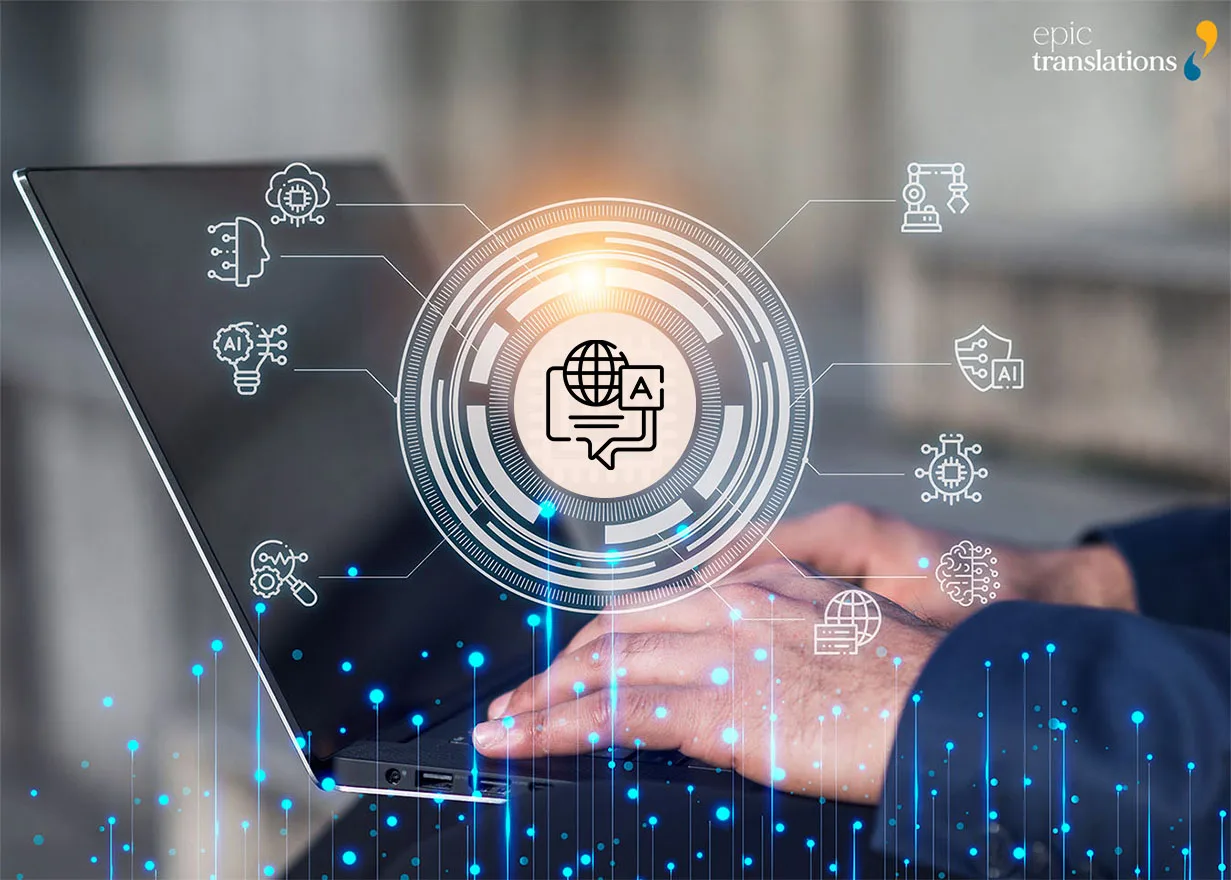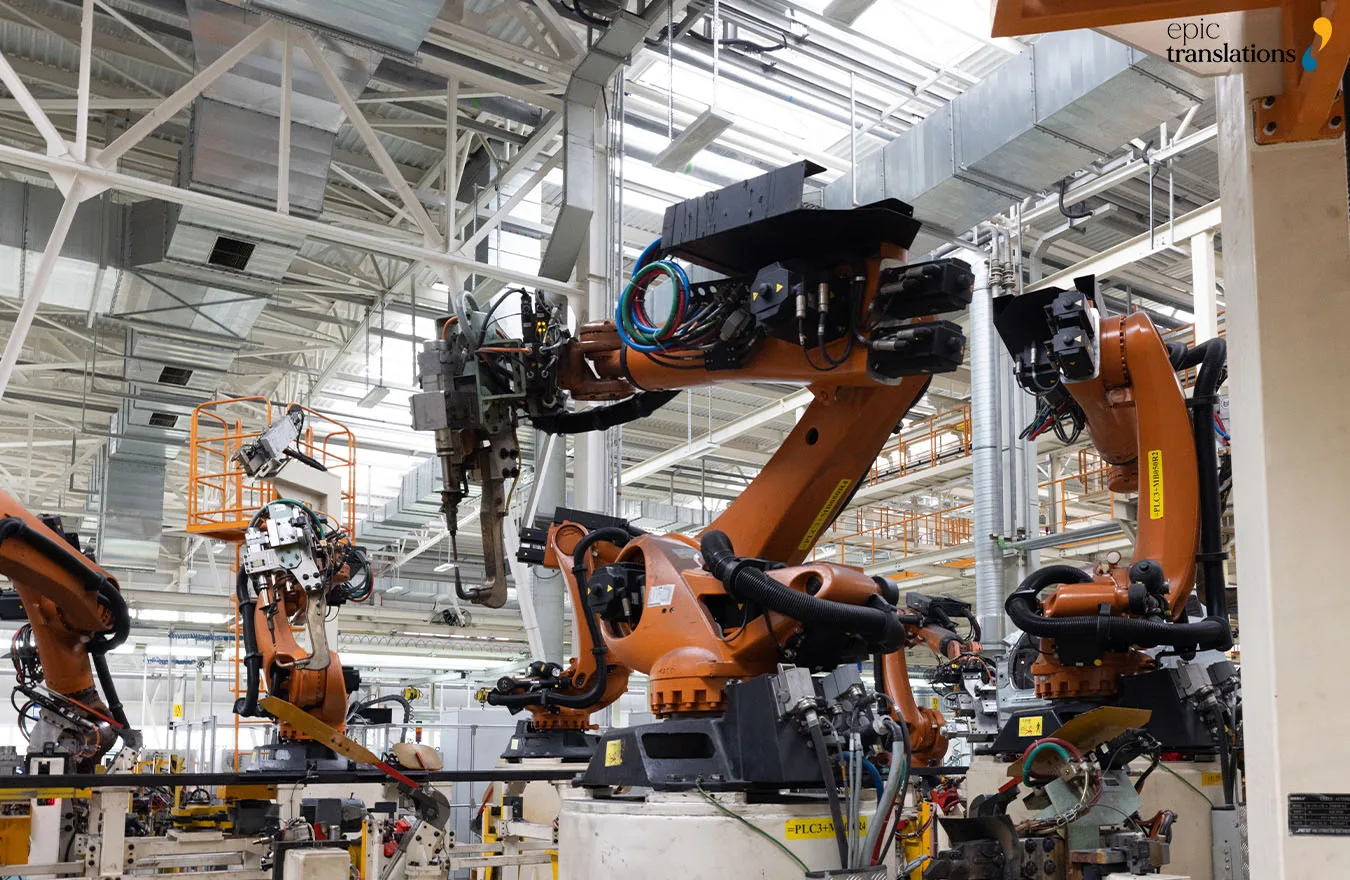
Expanding into new markets is a strategic move for any business looking to grow its reach and profitability. Brazil, with its rapidly growing industrial sector, presents a promising opportunity for companies specializing in industrial automation equipment. However, breaking into this market requires careful planning, understanding of local regulations, product & document localization, and cultural nuances. In this blog post, we’ll explore the potential of selling industrial automation equipment to Brazil, focusing on US-based global brands. Additionally, we’ll discuss key strategies and considerations for success, including the importance of English to Brazilian Portuguese translation workflow.
Understanding the Brazilian Market
Brazil, the largest economy in South America, boasts a diverse industrial landscape spanning automotive, aerospace, pharmaceuticals, and more. With increasing demand for efficiency and productivity, the need for advanced industrial automation solutions is on the rise. However, navigating the Brazilian market requires a keen understanding of its unique characteristics.
According to Mordor Intelligence, Brazil’s Factory Automation and Industrial Controls Market is expected to grow at 6.9% from 2019 to 2029, with the base year set as 2023.
“In the third quarter of 2021, Brazil’s manufacturing GDP surged by 5.5% from the previous quarter, as reported by the Brazilian Institute of Geography and Statistics. Predominantly, the Southern and Southeastern regions host the bulk of the nation’s major manufacturing enterprises.”
Establishing a strong presence in Brazil requires a deep understanding of local regulations, tax policies, and cultural norms. Partnering with local distributors or establishing subsidiaries can streamline market entry and facilitate relationships with customers.

Global Brands Making Waves
US-based companies like Rockwell Automation and Honeywell have been pivotal in shaping the industrial automation landscape globally. Leveraging their expertise and reputation, these brands have successfully penetrated markets worldwide, including Brazil.
In March 2021, Accenture announced its acquisition of Pollux, a Brazilian company renowned for its expertise in industrial robots and automation systems. This strategic move aligns with Accenture’s goal to enhance its digital manufacturing, operations, and supply chain capabilities. With over 1,000 manufacturing firms availing themselves of its services, Pollux primarily serves a domestic clientele in Brazil. Notably, pharmaceutical and automotive manufacturers operating in Brazil rely on Pollux’s cutting-edge technologies to streamline their operations.
Through strategic partnerships and localized marketing efforts, these companies have established themselves as trusted providers of industrial automation solutions in Brazil. By tailoring their products and services to meet the specific needs of Brazilian customers, they’ve gained a competitive edge in the market.
The automotive sector is leading the charge in digital transformation. As an example, Volkswagen Brazil has unveiled a comprehensive digital transformation initiative aimed at revolutionizing both customer and employee experiences. Central to this strategy are the pivotal pillars of data analytics and artificial intelligence. By implementing new logistics and production layouts, the company aims to boost efficiency by 15% to 20%.

The Aerospace sector in Mexico and Brazil commands a substantial value of USD 12 billion. Leveraging technologies such as computer vision and artificial intelligence holds the potential to identify and minimize errors within aerospace component manufacturing facilities. Consequently, there’s a growing demand for industrial controls within these domains.
Moreover, integrating industrial control systems into automotive manufacturing facilities empowers companies to monitor productivity and quality in real-time through data generated by plant connectivity. This data enables line supervisors and plant executives to proactively take mitigating actions. Leveraging data analytics facilitates predictive capabilities, ranging from assessing part quality to anticipating the next machine breakdown.

Language and Localization
With a population of approximately 212 million, Brazil ranks as the sixth most populous nation globally in 2024. Nevertheless, only a small fraction, estimated at 3% to 5%, of Brazilians are proficient in English, resulting in a relatively low number of English speakers in the country. Moreover, only 1% can speak it fluently.
Even in major cities like Rio de Janeiro and São Paulo, the number of individuals proficient in a second language is limited, posing challenges for communication with non-Brazilian global brands.

Therefore, non-Brazilian global brands must strategically decide whether to establish an in-house localization team or collaborate with a language services company. Both approaches are viable. However, many global brands opt to partner with a language services company to minimize employee overhead and operational expenses.
This highlights the need to establish a structured documentation workflow to streamline the translation of English into Brazilian Portuguese and ensure the proper utilization of translated/localized documents. Additionally, it’s important to consider how the process of localizing website copy can significantly influence your localization strategy.
Global brands often grapple with the decision of whether to utilize free translation tools, AI translation software, or human translators for translating and localizing their documents. It’s crucial to acknowledge that these options are not mutually exclusive. In other words, there’s nothing preventing you from adopting a hybrid approach to effectively communicate with your Brazilian stakeholders.

To control expenses, it’s not always necessary to rely solely on human translators to translate content from English to Portuguese. For internal documents where an error rate of up to 10% is acceptable, employing AI translation software can be a viable option. Other alternatives like Microsoft Teams, DeepL, and Google Translate serve well for informal content but may incur a higher error rate. While errors in informal content might be tolerable, preserving context poses a greater challenge. For instance, inaccurately translated phrases within the correct context differ significantly from those out of context.
In summary, if 100% human translations are not feasible, employing AI translation software followed by thorough editing and review by a human translator can effectively accomplish the task while also reducing costs by up to 40%.

Overcoming Challenges
While the Brazilian market holds immense potential, it also presents unique challenges. High import tariffs, complex tax structures, and bureaucratic hurdles can hinder market entry and profitability. Additionally, cultural differences and language barriers can impact communication and relationship-building efforts.
To mitigate these challenges, US-based companies must invest in localized support services, including technical assistance and customer training. Building strong relationships with local partners and government agencies can also help navigate regulatory complexities and expedite approvals.
Embracing English to Brazilian Portuguese Localization
One of the key drivers of success in selling industrial automation equipment to Brazil is embracing localization. This goes beyond simply translating product manuals or marketing materials from English to Brazilian Portuguese. It involves understanding the unique needs and preferences of Brazilian customers and tailoring products and services accordingly.
This may include offering Portuguese-language support, adapting product designs to meet local standards, and incorporating features that cater to specific industry requirements. By demonstrating a commitment to serving the Brazilian market, US-based companies can build trust and loyalty among customers.

The Automotive Sector is Laying the Groundwork
Similar to numerous other nations, Brazil’s automotive industry leads the pack in the adoption of industrial robots. This sector stands out as the largest adopter, with 47% of all operational robots in Brazil utilized within it.
The pattern of the automotive sector taking the lead in industrial automation is quite recognizable, mirroring trends observed in some of the world’s foremost robot-savvy countries such as China, Japan, the United States, and Germany, as well as in other major economies like India. Generally speaking, Brazilian businesses seek inspiration from these regions, not limited to automation alone. Just as observed in these countries, Brazil is now witnessing a growing utilization of collaborative robots across segments beyond automotive.
Conclusion
Selling industrial automation equipment to Brazil offers lucrative opportunities for US-based global brands. By understanding the nuances of the Brazilian market, forging strategic partnerships, and embracing localization (English to Brazilian Portuguese translations), companies can position themselves for success. While challenges may arise, overcoming them through adaptability can lead to long-term profitability and growth.
At EPIC Translations, we’re dedicated to sharing your message with the world. From product manuals and company newsletters to app/website content and legal documents, we provide translation services that bridge language barriers.
Take a moment to watch a brief video featuring the upcoming EPIC Translations AI translation software!
Ready to begin? Fill out our contact form now to access personalized language solutions that will elevate your global communication strategy.
Error: Contact form not found.
